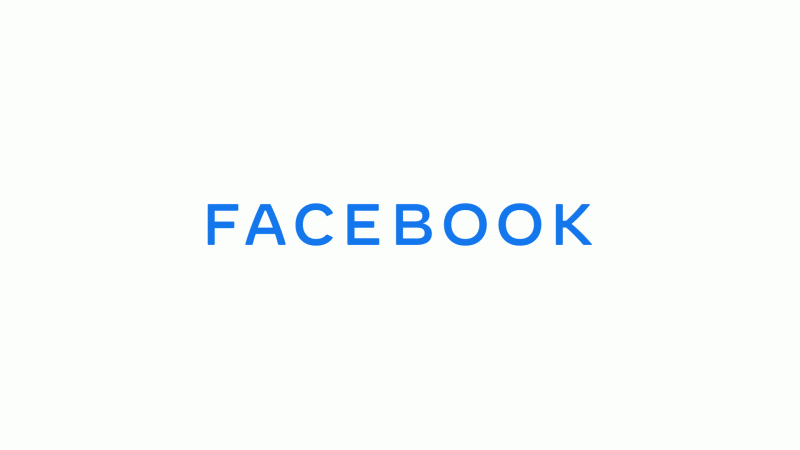Facebook to prioritise ‘original news reporting’ amidst advertiser boycott
Facebook has announced that it will prioritise “original reporting and stories with transparent authorship” in its News Feed, in the midst of the platform facing an advertiser boycott and the possibility of being forced to pay for news.
A blog post from Campbell Brown, VP of global news partnerships, and product manager Jon Levin, said that articles identified as original reporting will be prioritised through a method of identifying the most-cited original source in a group of articles addressing a particular topic.

Facebook states it will prioritise original and transparent reporting
The new process will begin with English language news and will gradually expand into other languages.

